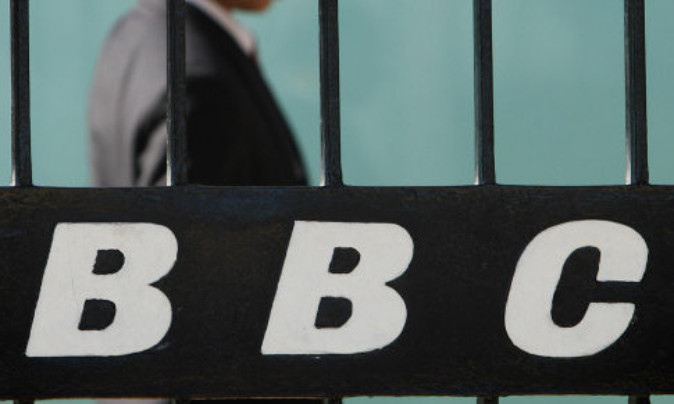
BBC presenters are to be banned from using terms such as “breakaway” and “divorce” in the run up to the independence referendum.
It’s also understood that the corporation’s new independence supremo will be advised to look to the bitter Israel-Palestine dispute for lessons on how to deal with the opposing sides in the debate over the Union.
Guidelines are currently being drawn up on how the broadcaster will report the referendum impartially. It is likely to include a glossary of “loaded” words to avoid.
The Beeb’s chief adviser on politics, Ric Bailey, is leading the process. A BBC insider said: “It’s basically a guide on how not to make a mistake.”
It’s believed the experts are still swithering over whether to include “separation” in the guidelines.
The SNP have already convinced House of Commons speaker John Bercow to ban the word from official documentation in Westminster. The Yes campaign would consider it a coup if the BBC were to drop it too.
The language guide will be issued to all BBC staff before the official referendum period begins 16 weeks ahead of polling day on September 18.
The Yes campaign last night welcomed the development. A spokesman for Yes Scotland said: “It is only the No campaign that characterises self-government for Scotland as a negative development, in negative
language, in line with its relentlessly negative campaign.
“A Yes vote means putting Scotland’s future in Scotland’s hands while maintaining and enhancing the social relationship we have with other countries within these isles. These are positive things and should be described as such. All public service broadcasters have a responsibility to be fair and impartial and given the importance of the independence debate it is right they should avoid negative and loaded language.”
However Better Together, the organisation fronted by Alistair Darling, wants the language in the glossary to reflect what is said by ordinary people.
A spokesman said: “This is typical of the Nationalists not content with using assertion instead of facts, they now want to change the meaning of words to suit their own agenda.”
In a separate development it’s understood John Mullin, appointed last month by BBC Scotland to lead the corporation’s independence coverage, will be urged to get advice from the BBC’s expert on dealing with both sides of the Middle East conflict.
The BBC is understood to have someone specifically tasked with dealing with the huge amounts of correspondence from Israeli and Palestinian lobby groups accusing the corporation of bias in their coverage of events in the region.
Mullin, a former newspaper editor, is expected to be urged to speak to the Middle East expert by his London bosses.
Mullin has already faced flak from all sides with the No campaign complaining that Labour were not represented in a television debate to mark one year to the referendum despite Shadow Scottish Secretary Margaret Curran making herself available.
Meanwhile an online petition organised by supporters of independence and accusing the BBC of being biased against their cause has attracted more than 4,000 signatures.

Enjoy the convenience of having The Sunday Post delivered as a digital ePaper straight to your smartphone, tablet or computer.
Subscribe for only £5.49 a month and enjoy all the benefits of the printed paper as a digital replica.
Subscribe